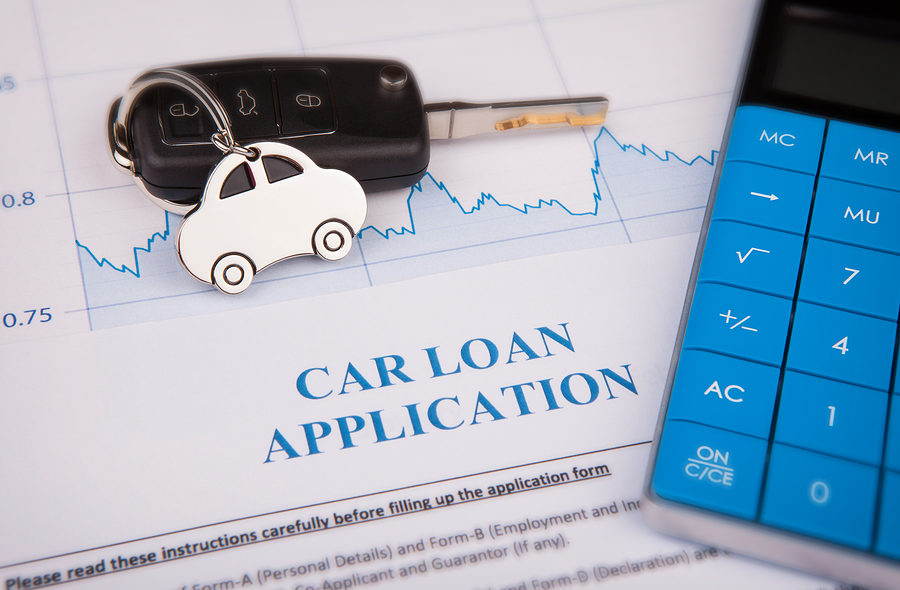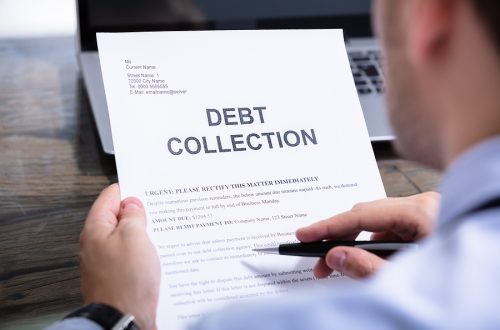Purchasing a vehicle is oftentimes a necessary expenditure. A vehicle is needed to get to and from work or driving to school, but for many Americans, buying a car means taking on a large amount of debt. As they trade in their current vehicles for a newer model, many are resorting to taking the unpaid balance on the car loan and rolling it into a new debt. The result is the person will often have a vehicle that is worth much less than what is owed on it.
This negative equity and is also referred to as being underwater on the vehicle. It is reported that during the first nine months of 2019, approximately 33 percent of consumers who traded their vehicles in to buy new ones had negative equity. Five years ago, this percentage was 28 percent, and it was only at 19 percent ten years ago. The average debt owed on these cars as they were being traded in is around $5,000 while the average amount was $4,000 five years ago.
One culprit has been reported to be increasing car prices, making it difficult for individuals to be able to afford purchasing a new car with minimal debt. Dealers are also being lax with lending standards in allowing individuals to buy cars with low or no down payments, which puts them at an automatic disadvantage and only prolongs how long it takes to pay on the debt.
If someone wants to purchase a new car but still owes on the previous purchase, that amount remains, despite the fact the individual is turning in the car. The debt must go somewhere, which usually means it is rolled into the new loan for the purchase. It can be an easy decision in the moment for the purchaser to make, but it is one that will stick with him or her for many years. The resulting amount of car debt owed on the vehicle can be as much as it would cost to purchase a luxury model vehicle.
When a borrower has negative equity at the time of purchase, they will often get a new loan for a longer term and at a much higher interest and monthly payment rate. What ends up happening is the car owner only ends up paying on the interest for the first portion of the payment period, never touching the principal owed.
Negative equity is a bigger problem with subprime borrowers or individuals with lower credit scores who simply do not have the credit scores or finances to pay off the debt on the previous vehicle before buying a new one.
If you have questions on this topic or are in financial crisis and considering filing for bankruptcy, contact an experienced Miami bankruptcy attorney who can advise you of all of your options. As an experienced CPA as well as a proven bankruptcy lawyer, Timothy Kingcade knows how to help clients take full advantage of the bankruptcy laws to protect their assets and get successful results. Since 1996 Kingcade Garcia McMaken has been helping people from all walks of life build a better tomorrow. Our attorneys’ help thousands of people every year take advantage of their rights under bankruptcy protection to restart, rebuild and recover. The day you hire our firm, we will contact your creditors to stop the harassment. You can also find useful consumer information on the Kingcade Garcia McMaken website at www.miamibankruptcy.com.
Source: Wall Street Journal


